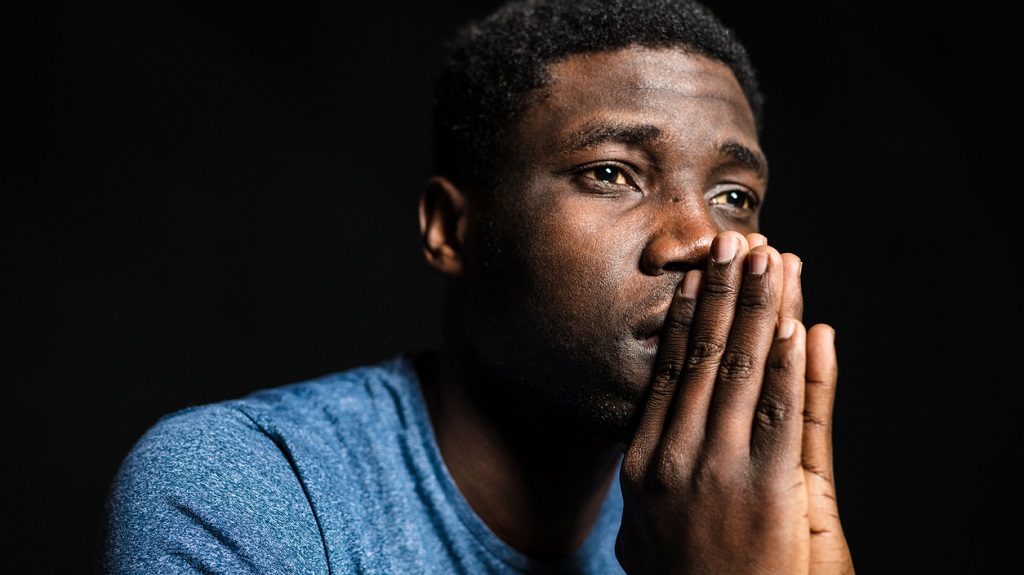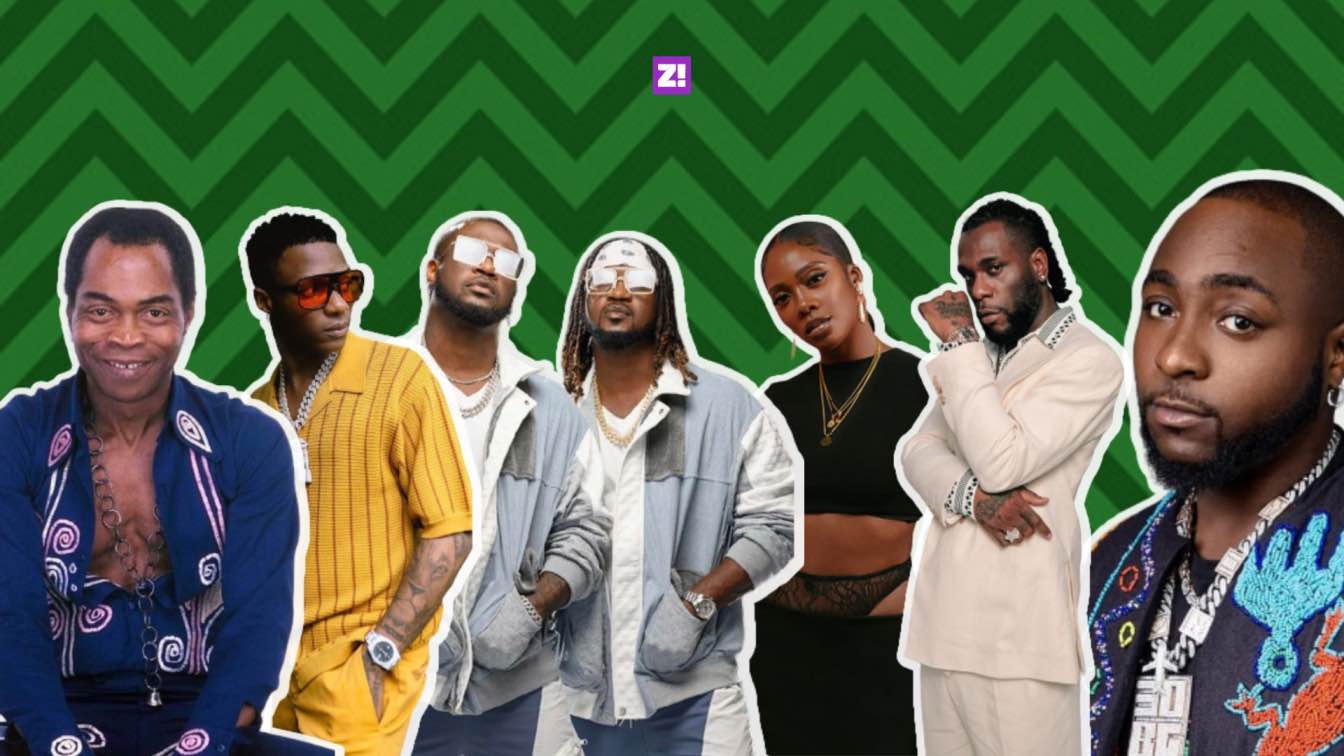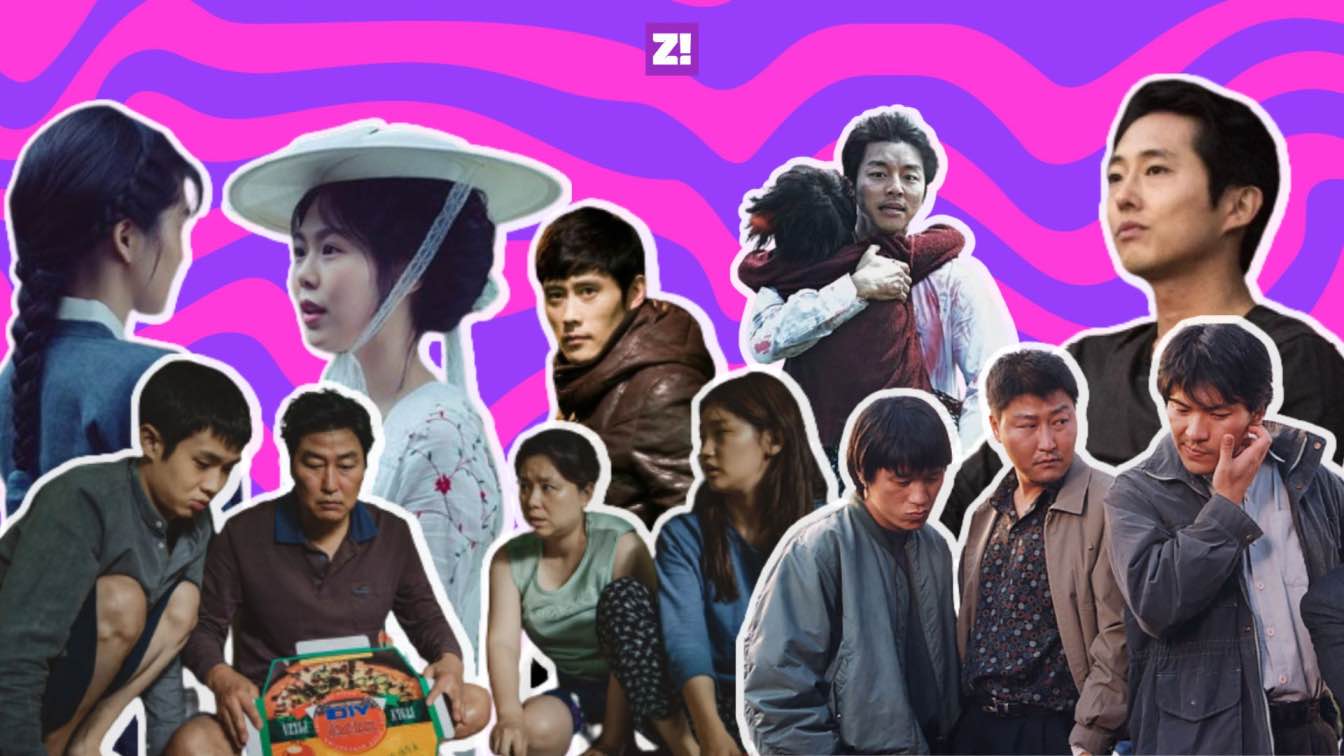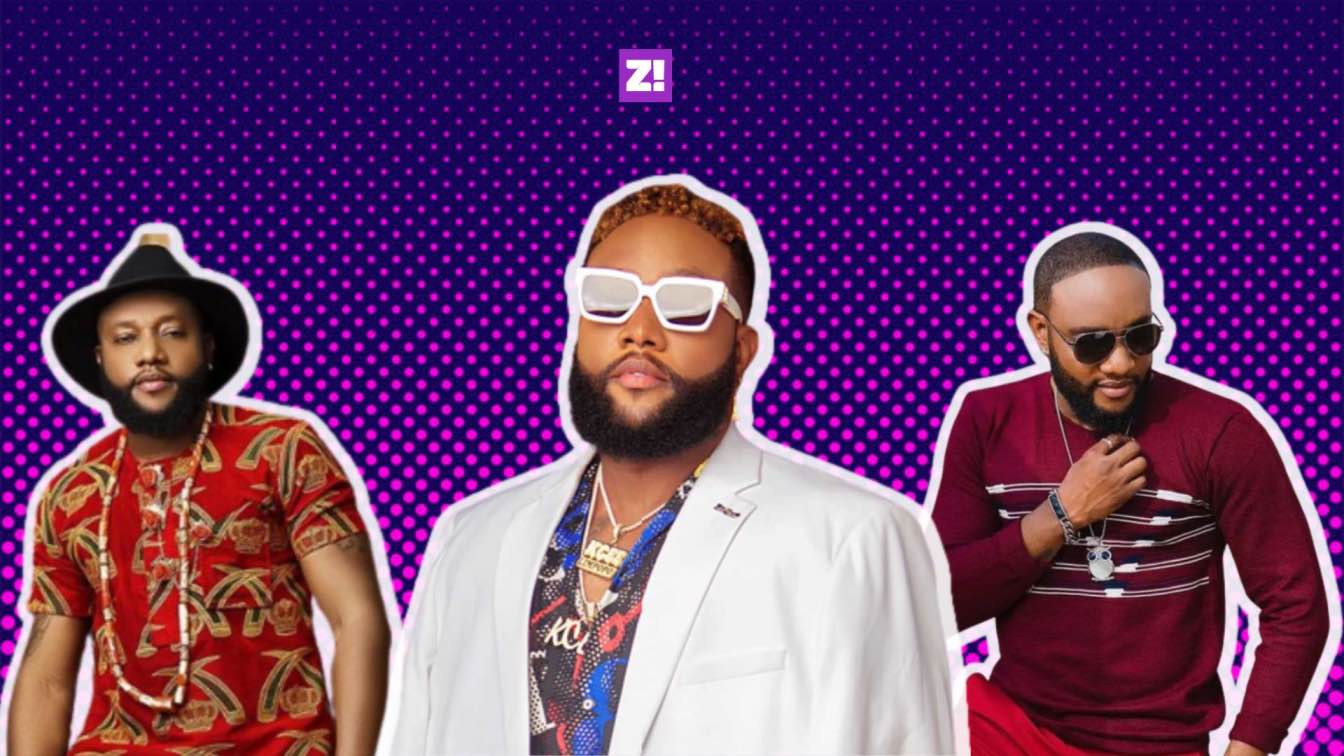
As Nigerians, especially men, talking about your feelings or addressing mental health issues don’t always come naturally. Thanks to years of social and religious conditioning, we have been taught to either stay silent or seek spiritual solutions to our problems. With the world slowly changing to allow for open conversations, Zikoko spoke to five young Nigerian men in their 20s about their experiences with therapy and what they’ve learned (if they learned anything at all).
Caleb, 22
I have been in therapy for eight months. I realized earlier this year that I no longer wanted to be alive. I didn’t want to kill myself, but I silently prayed for death. I had to go in for therapy based on my professor’s suggestion. We had taken a random Beck’s Depression Inventory (BDI) test in class and it showed that I had a severe case of depression. I have to admit that it was weird at first – you’re essentially opening yourself up to a stranger, but I’m glad it passed.
One thing I’ve learned is that therapy isn’t a quick fix. It’s given me a sense of self-awareness that I have to keep putting in the work if I want to see changes. Before therapy, I had told my family how I was feeling but they couldn’t help interrogate what was wrong in the way I needed. We (men) haven’t been raised in a society that doesn’t understands how complex the mind is. Whenever there’s a suicide report or awareness about men’s mental health, we talk about paying attention, but people aren’t even learning to listen to their friends talk. Worse, we’re not learning to respond appropriately.
Somadina, 26
I felt the need to see a therapist because I knew I needed to talk to a professional, a stranger that wouldn’t judge me. I suffer from depression and was once suicidal. Despite all of this, I couldn’t make it past two sessions because I couldn’t connect with my therapist at all. I remember talking to her about being an only child and she told me to go out and make new friends. Ma’am, I have friends and in case you’ve forgotten, we’re in a panini. Before therapy, and even now, I found it hard to talk to people about my issues because they’d either judge me or add to my problems. Some might even think you’re being dramatic or you’re overthinking things. My two sessions showed me that therapists aren’t problem solvers; this doesn’t mean that I’ve given up. I’m currently on the lookout for a new therapist.

Daniel, 25
Let me start by saying I’m a pastor’s kid and the first male child in an Igbo family, that alone is cause for therapy. As Nigerians, we are taught to swallow our pain, cast all our cares on an “Almighty God” and not bring shame to our families. Between 2015 and 2017, I attempted suicide about five times. My friends connected me with my first therapist after they got wind of my last attempt. However, I couldn’t make it past one session with my first therapist as she started with prayers, suggesting that I pray to God to “take away” my sexuality. Thankfully, I found another therapist, a queer man who helped me navigate my life for the six months I was in therapy. Going to therapy helped me accept my sexuality and learn how to extend grace to people to learn and unlearn. I am currently considering going back to therapy to handle the weight of my life.
Jamal, 27
While I’ll say I’ve always had a pretty good life, I had to consider therapy when I realized I was always sad and only a hair’s breadth from bursting into tears. I’ve been going for six months now; I saw a clinical psychologist for three months but I wasn’t getting better so I switched to an actual psychiatrist. I wouldn’t say I’ve learned anything new, the entire process is just boring AF! I thought I’d unearth some profound truth about myself, but it hasn’t been the case. People see it as this inherently good thing even when it’s not entirely necessary. That’s not to say I haven’t benefited from it though, it’s just not as life-changing as I thought. Also, I have to keep going if I want them to keep giving me antidepressants.
Kelechi, 27
I’ve been going to therapy on and off for about three years now. I was suffering from debilitating anxiety and I would hyperventilate a lot. I also had issues accepting my queerness because I didn’t fit in with the LGBTQ+ community and there were hard times in my relationship with my family. I’ve had two therapists so far, but I had to leave the first one because I felt we were a little bit too similar. She didn’t challenge me much and I needed someone to call me out on my bullshit. While my new therapist talks too much, he’s helped me understand the importance of addressing conflicts immediately they arise. It’s nice to have someone that challenges me and I can’t get mad at him because it’s his job.




